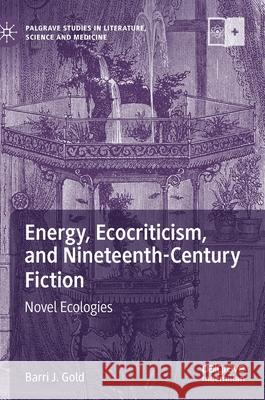Energy, Ecocriticism, and Nineteenth-Century Fiction: Novel Ecologies » książka
topmenu
Energy, Ecocriticism, and Nineteenth-Century Fiction: Novel Ecologies
ISBN-13: 9783030686031 / Angielski / Twarda / 2021 / 215 str.
Energy, Ecocriticism, and Nineteenth-Century Fiction: Novel Ecologies
ISBN-13: 9783030686031 / Angielski / Twarda / 2021 / 215 str.
cena 483,04
(netto: 460,04 VAT: 5%)
Najniższa cena z 30 dni: 462,63
(netto: 460,04 VAT: 5%)
Najniższa cena z 30 dni: 462,63
Termin realizacji zamówienia:
ok. 16-18 dni roboczych.
ok. 16-18 dni roboczych.
Darmowa dostawa!
Kategorie:
Kategorie BISAC:
Wydawca:
Palgrave MacMillan
Seria wydawnicza:
Język:
Angielski
ISBN-13:
9783030686031
Rok wydania:
2021
Wydanie:
2021
Numer serii:
000778134
Ilość stron:
215
Waga:
0.42 kg
Wymiary:
21.01 x 14.81 x 1.42
Oprawa:
Twarda
Wolumenów:
01
Dodatkowe informacje:
Wydanie ilustrowane











